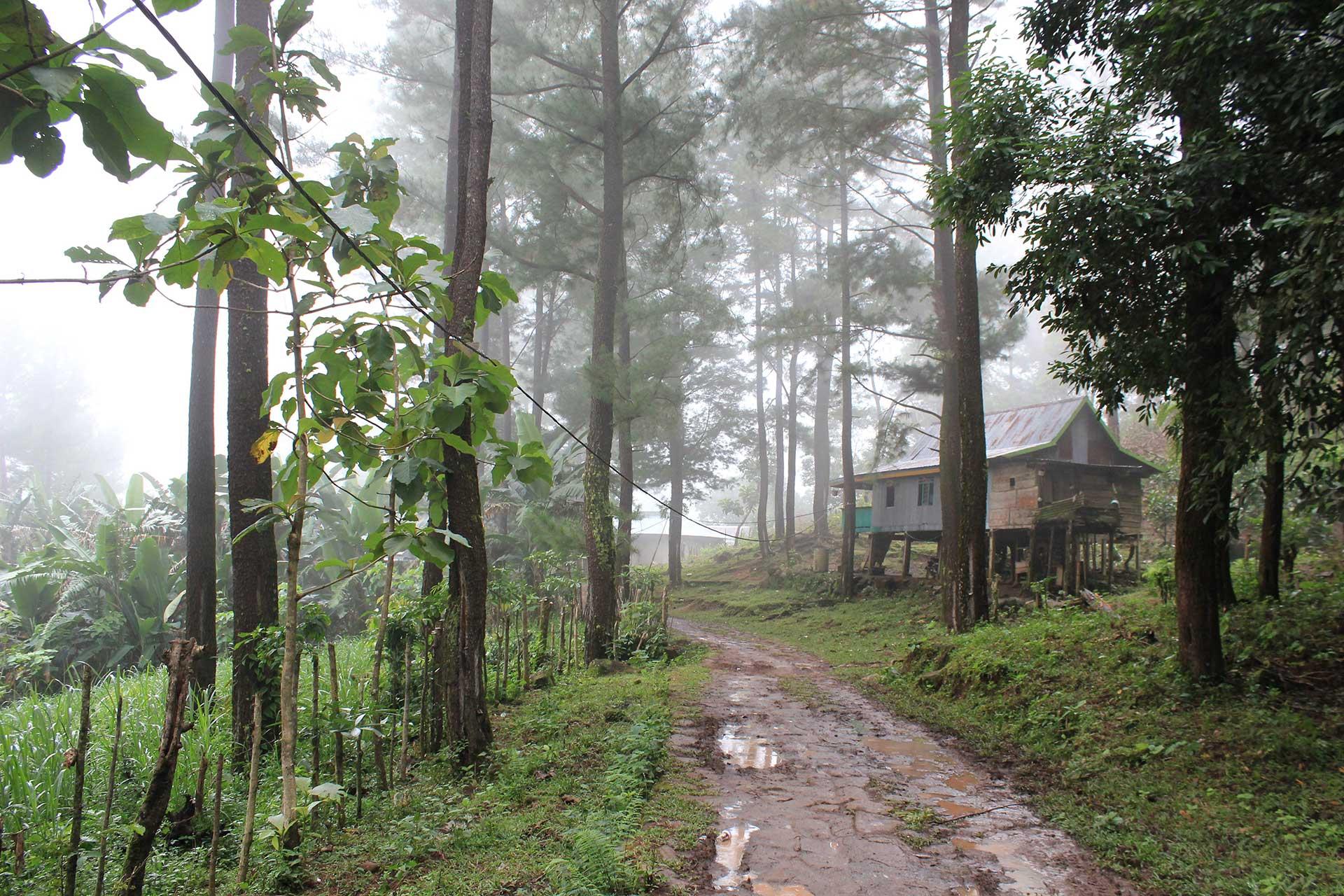Meeting Report on an Integrated Research Agenda for Mosquito-Borne Arboviruses
The emergence and re-emergence of mosquito-borne arbovirus (MBV) diseases pose a rapidly expanding global health threat fueled by the convergence of multiple ecologic, economic, and social factors, including climate change, land use, poverty, deficiencies of water storage and sanitation, and limitations of vector control programs. On December 6, 2023, the Wellcome Trust and the University of Minnesota's Center for Infectious Disease Research and Policy held a meeting titled "An integrated approach to mosquito-borne arboviruses: a priority research agenda." The meeting comprised presentations, panels, and facilitated discussions aimed at describing the state of the field, highlighting recent accomplishments, identifying novel strategies, and defining priority research goals and approaches for addressing MBV disease preparedness and response. This report summarizes meeting discussions in 3 key areas: the changing epidemiology of MBV disease, current and potential transmission- and disease-monitoring strategies, and evolutionary impacts on disease burden and transmission. It concludes with a list of priority strategies for research and investment in MBV disease prevention, preparedness, and control. To prepare for future epidemics of MBV diseases, research and policy will benefit from a multipathogen approach to MBVs. Building on existing knowledge and systems, these efforts must address social and ecological factors and connect with other global health agendas.
